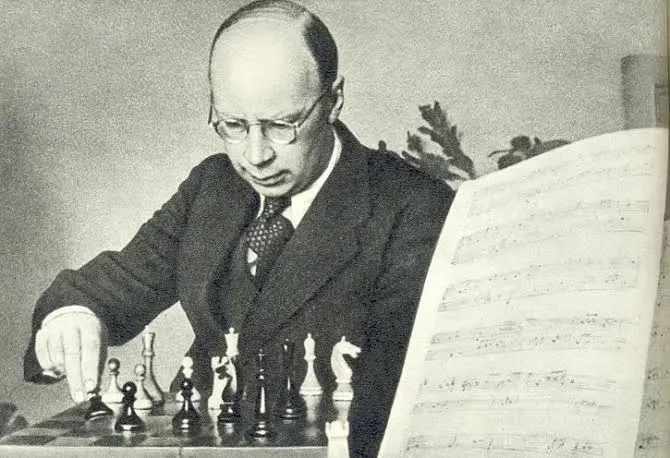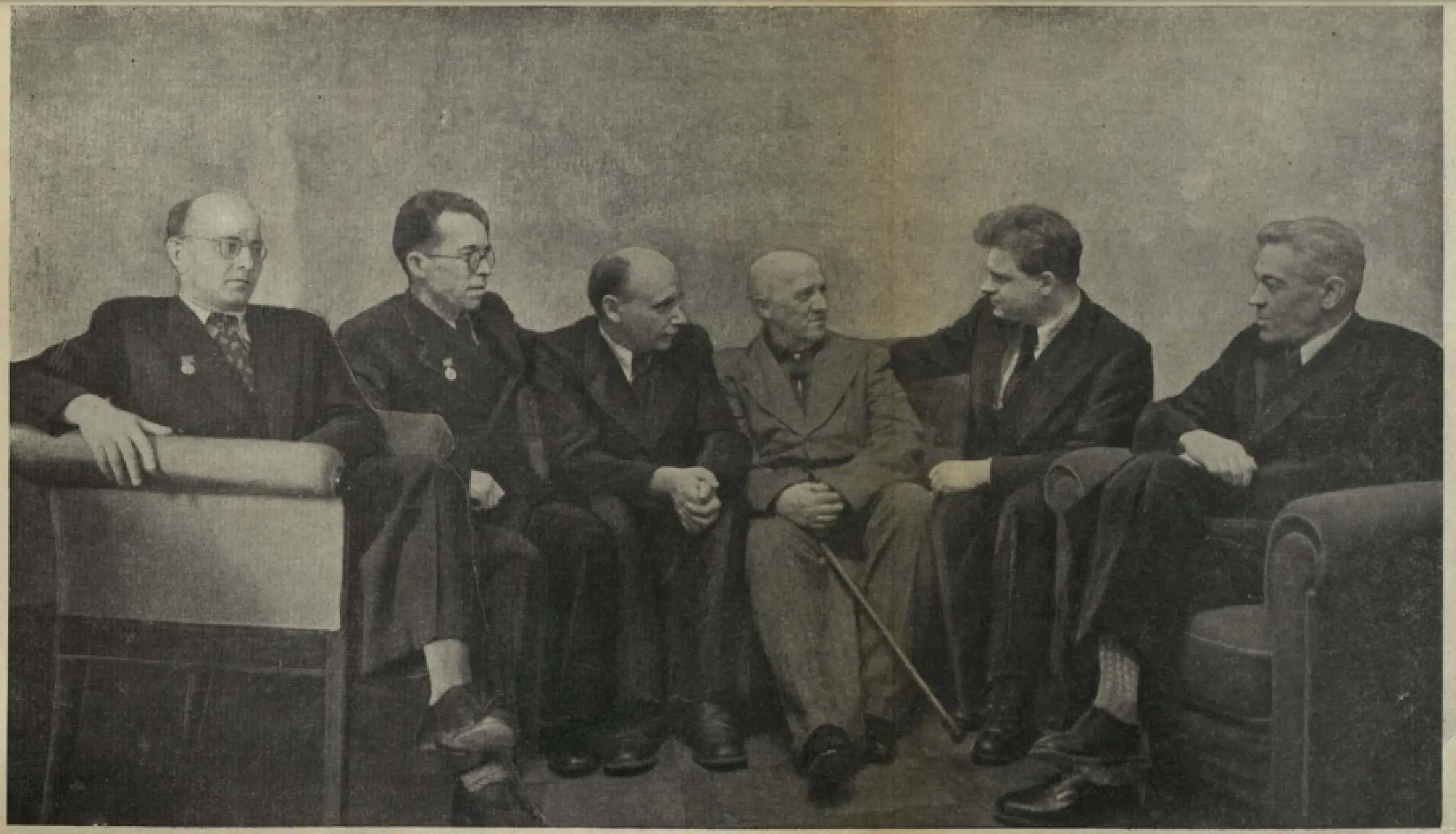
Was Prokofiev Lured into the Soviet Union? Examining the Evidence
Last updates: 2025-07-05: Style and grammar review. 2025-06-29: I got access to the transcription of Lina Prokofiev’s interview to Harvey Sachs, which Morrison uses as part of evidence of Prokofiev’s supposed travel ban. The section on Prokofiev’s Travel Ban was expanded and, since now it’s clear that Morrison’s evidence is very weak, I changed the final conclusions. 2025-06-22: Completed the Analysis of Atovmyan’s memoirs from Ryadom s velikimi. The section on Atovmyan’s memoirs was expanded and reviewed. 2025-06-16: I got access to the book Ryadom s velikimi, edited by Nelly Kravetz, which contains the full correspondence between Prokofiev and L. Atovmyan and Antovmyan’s memoirs. I transcribed all letters between 1932 and 1936 here and, with that, the section on the Atovmyan-Prokofiev correpondence was substancially changed. In early 1936, Sergei Prokofiev, one of the most celebrated composers of the 20th century, decided to leave Paris and settle in Moscow, returning to the USSR (see the timeline). His return has been widely interpreted as a highly symbolic event—one that has fuelled conflicting narratives. A common claim in Western scholarship is that Prokofiev was deceived into returning, only to later find himself trapped by the Soviet regime. One of the most influential works advancing this view is Simon Morrison’s The People’s Artist: Prokofiev’s Soviet Years. But does the historical evidence support this interpretation? ...
